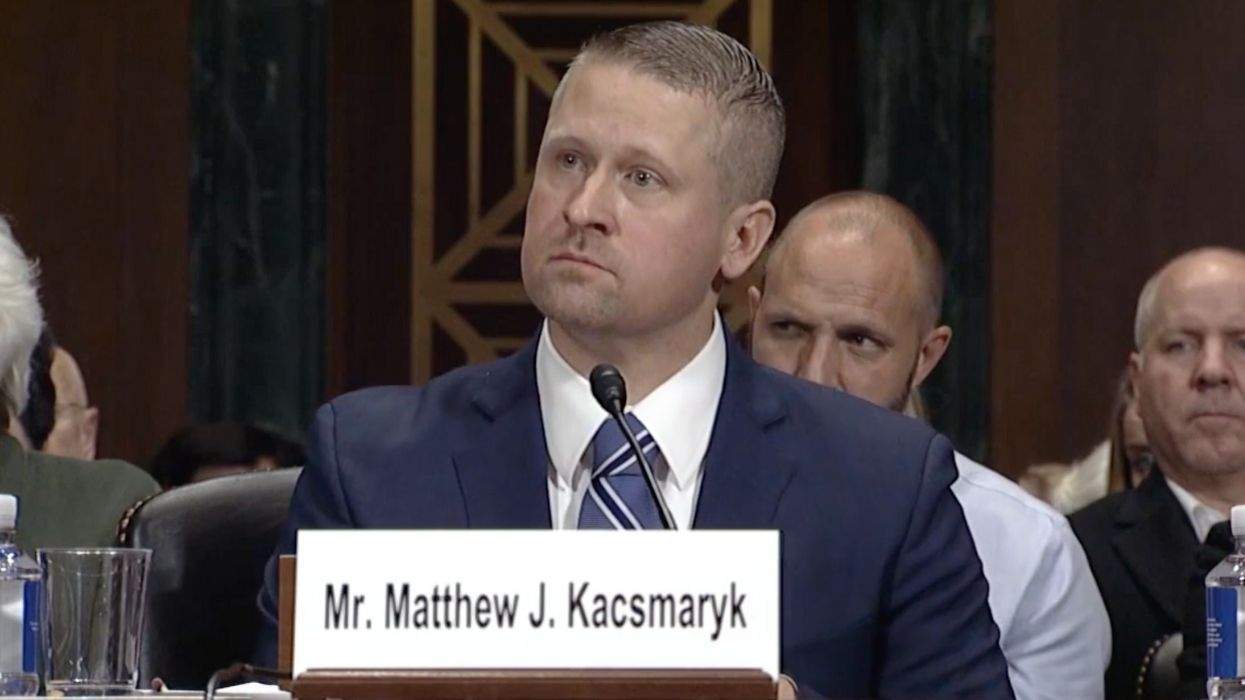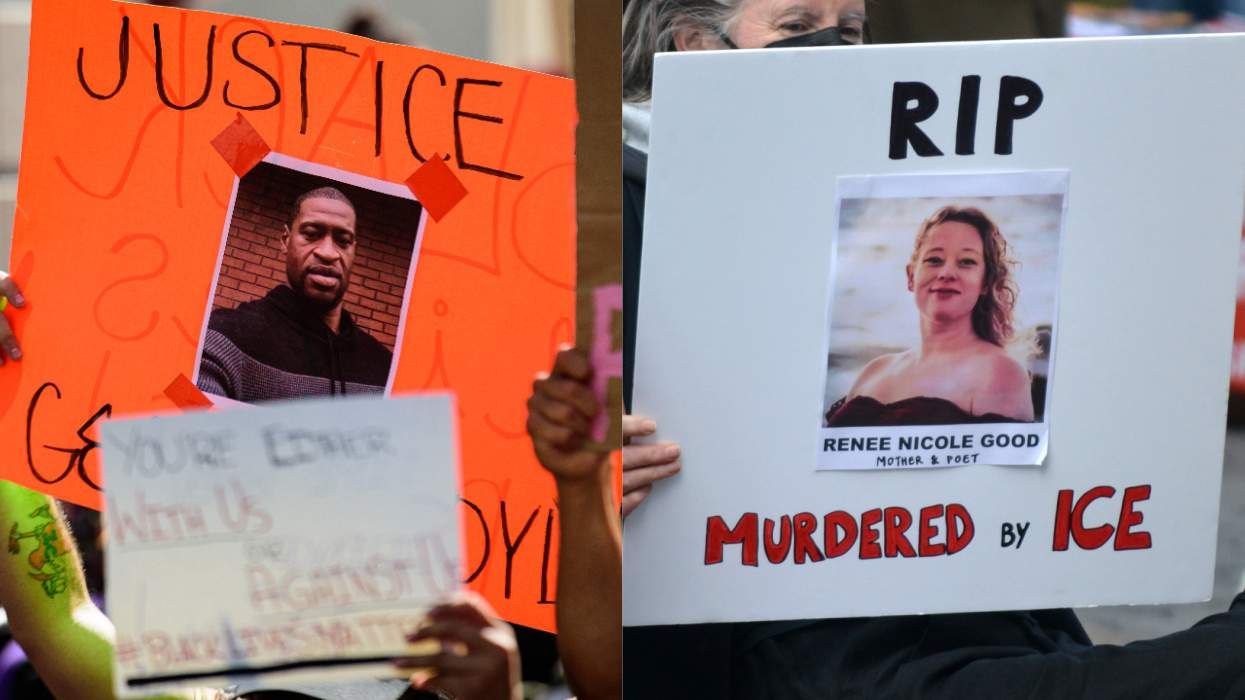New Hampshire was on the brink of banning the "gay panic" defense, until the legislation was put on hold at the eleventh hour.
According to the American Bar Association, the so-called "gay panic" defense has been used "to partially or completely excuse crimes such as murder and assault on the grounds that the victim's sexual orientation or gender identity is to blame for the defendant's violent reaction."
Only fifteen states and Washington D.C. prohibit the "gay panic" — or "gay and trans panic" defense. As New Hampshire aimed to become the sixteenth, Republicans in the state House of Representatives raised concerns over technicalities in the legislation that they said could affect it in courts.
State Rep. Robert Lynn, a Republican who also once served as state Supreme Court chief justice, took issue with parts of the law that would allow for defendants to request mitigation of a charge or sentence involving a violent crime based on provocation. He noted that he is not opposed to banning the "gay panic" defense itself.
"This would do away with that, and it has nothing whatsoever to do with eliminating the gay panic defense," he said, according to local tv station WMUR. "It would change 500 years of law, and I don't think that's what anybody intended."
The lawmakers who brought forth the bill argued that several states have been able to pass similar bans without hinderance, with state Rep. Shaun Filiault, an Independent, noting that "their bills ban the gay panic defense in identical form, and never once – never once – has the argument raised today been brought up in those states."
The New Hampshire legislature then unanimously voted to work with the state Senate and revise the language, though some lawmakers still expressed disappointment, believing the Republican concerns to be unfounded.
"It is frustrating, to say the least," said Alissandra Murray, a Democrat, "That in Pride Month, we were finally seeing some hope in banning something that should have been banned a long time ago, that we're still fighting this fight."
















